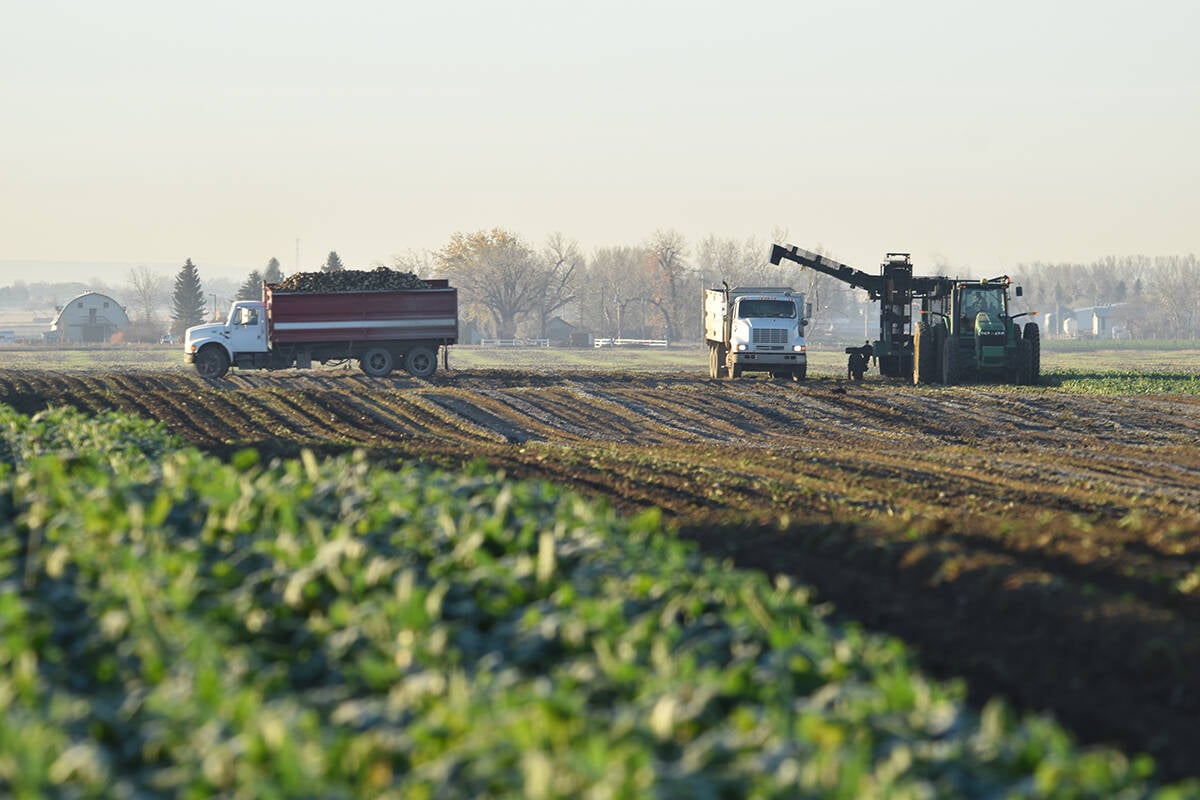Saskatchewan egg producers are scrambling to keep up with their counterparts in Manitoba.
Big changes in the Manitoba egg industry have producers in Saskatchewan working on their own new strategies to cope with the rapidly changing market.
“Manitoba is preparing itself for the future, making themselves competitive in the world marketplace,” said Bert Harman, of the Saskatchewan Commercial Egg Producers Marketing Board.
“If we let ourselves get too far behind here in Saskatchewan, we could pay the price as an industry down the road.”
Read Also

Canada the sole G7 nation without a Domestic Sugar Policy to aid local sugar beet production
Canadian sugar beet industry vastly different to US with free-market system compared to protective government-regulated sugar program
Two Manitoba developments in particular have caught the eye of producers here.
Last week, a producer co-op made of 129 Manitoba producers announced an alliance with Toronto and U.S.-based processors to build a new processing plant.
And producers in that province have come up with the idea of “co-op” barns, in which a number of egg growers pool their production quota and build a large, highly efficient unit.
“That’s certainly a change in the way marketing boards were originally set up to protect the family farm,” Harman said in an interview during the board’s annual meeting last week.
Saskatchewan has changed its egg industry rules to allow those co-op barns to be set up, but so far nothing has happened.
Harman said that over the next few months the provincial board will have some planning sessions to figure out how to react not only to the changes going on in the province to the east, but also the changes that may come about in the national egg marketing system as a result of the next round of world trade negotiations, to get under way next year.
Saskatchewan’s egg and poultry producers are trying to assess how they can benefit from the end of the Crow Benefit grain transportation subsidy and the desire by producers and government to expand livestock production in the province.
Harman said the way national production quota is allocated under national marketing rules means it would be difficult for Saskatchewan to boost its egg production.
One idea being considered is to produce eggs for the processing industry. Such production would be outside provincial production quotas, which cover only eggs for the domestic market. Those processor eggs would have to be sold at the world price rather than the higher domestic table market price.
“We have to assess risks associated with that,” said Harman.
The further processing industry says it needs more eggs for export and has asked the Canadian Egg Marketing Agency to make more supplies available. If they don’t get it, they say, they will look to U.S. suppliers.
Harman said if the industry goes for that proposal it makes it harder to justify continuance of the existing marketing system.














